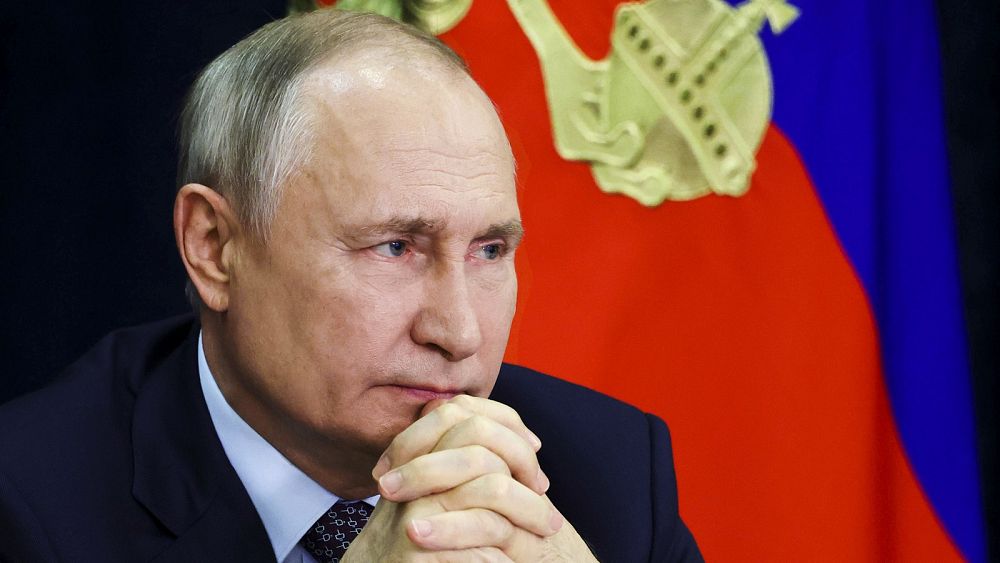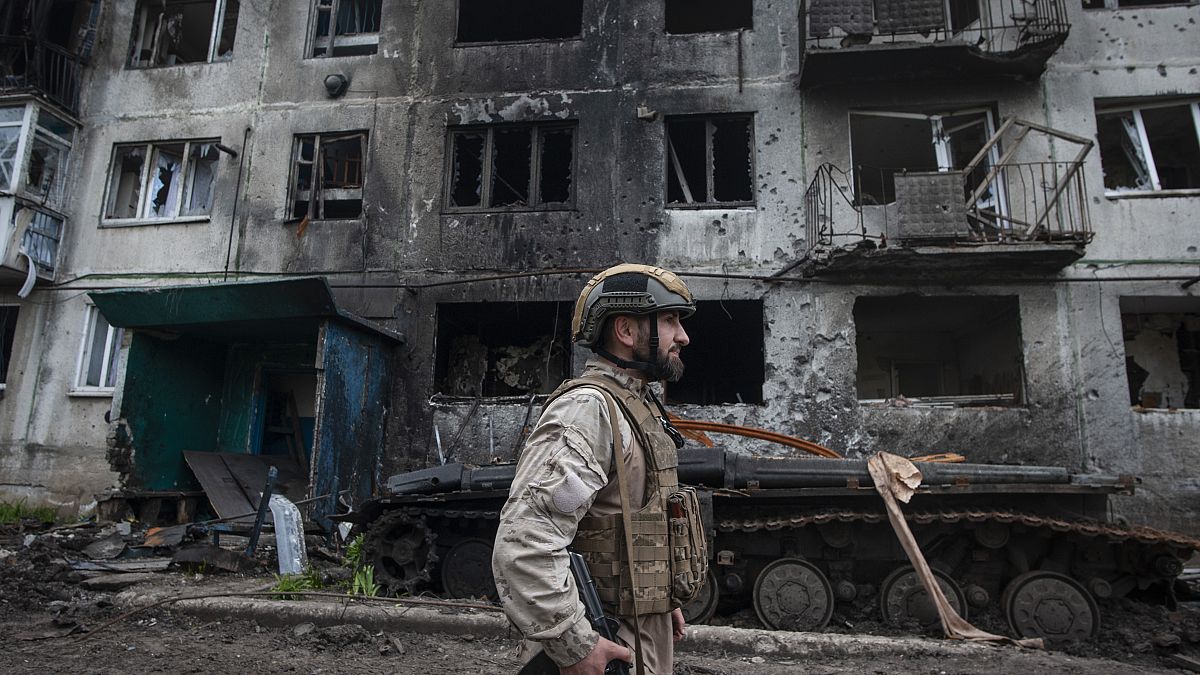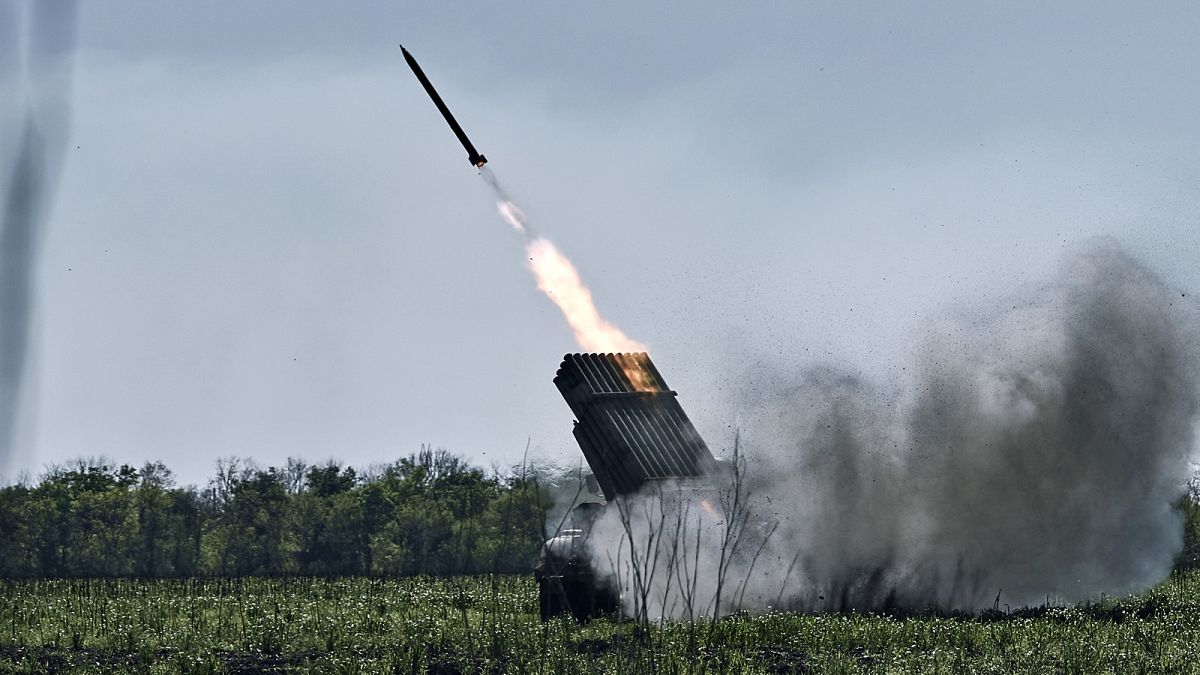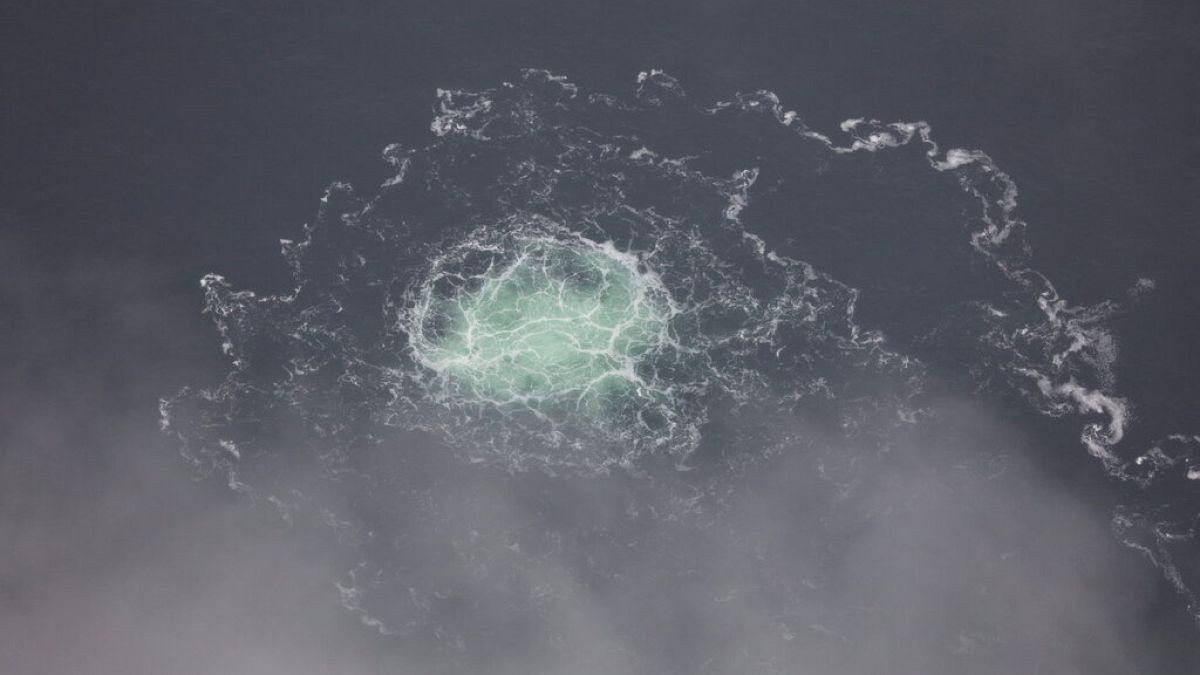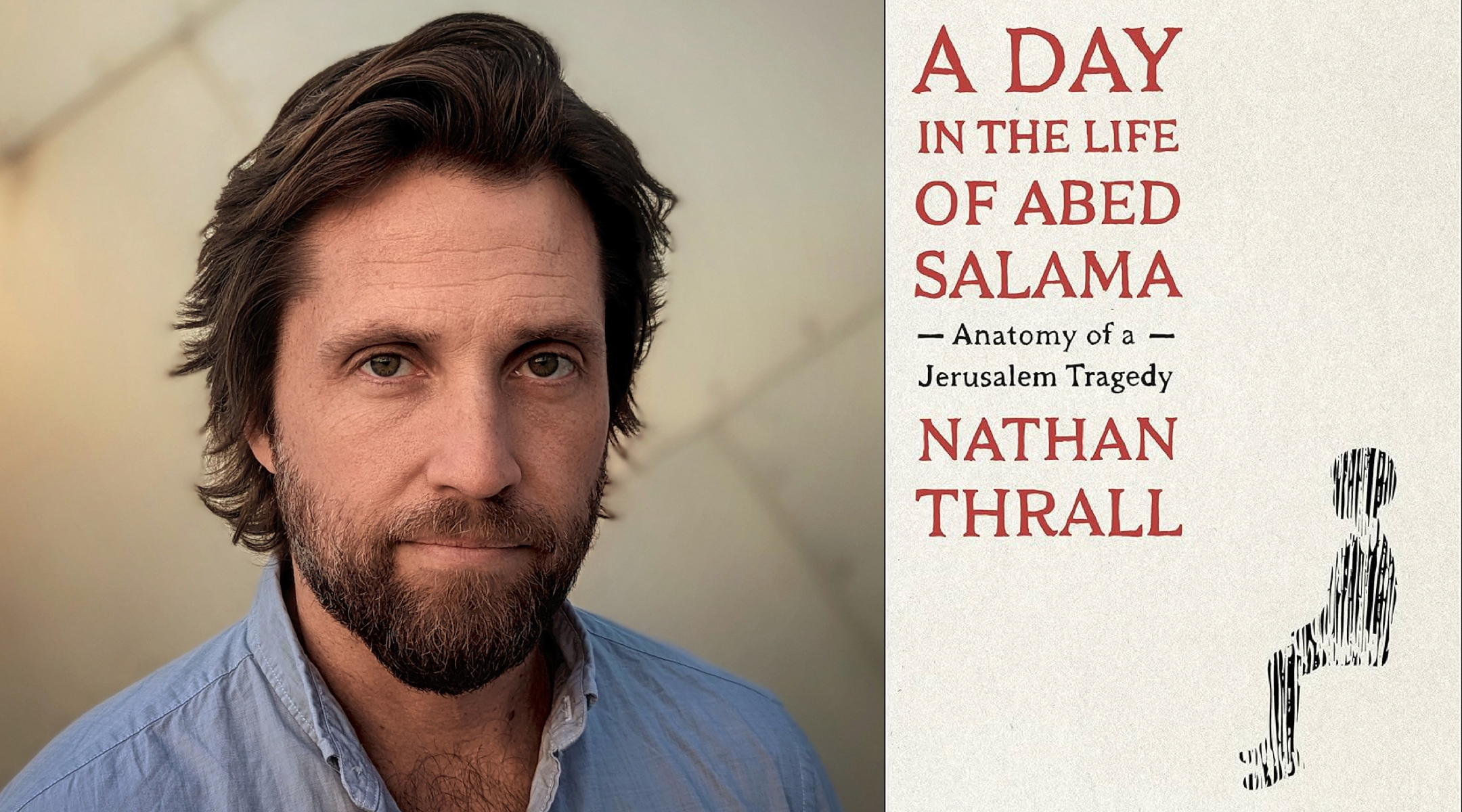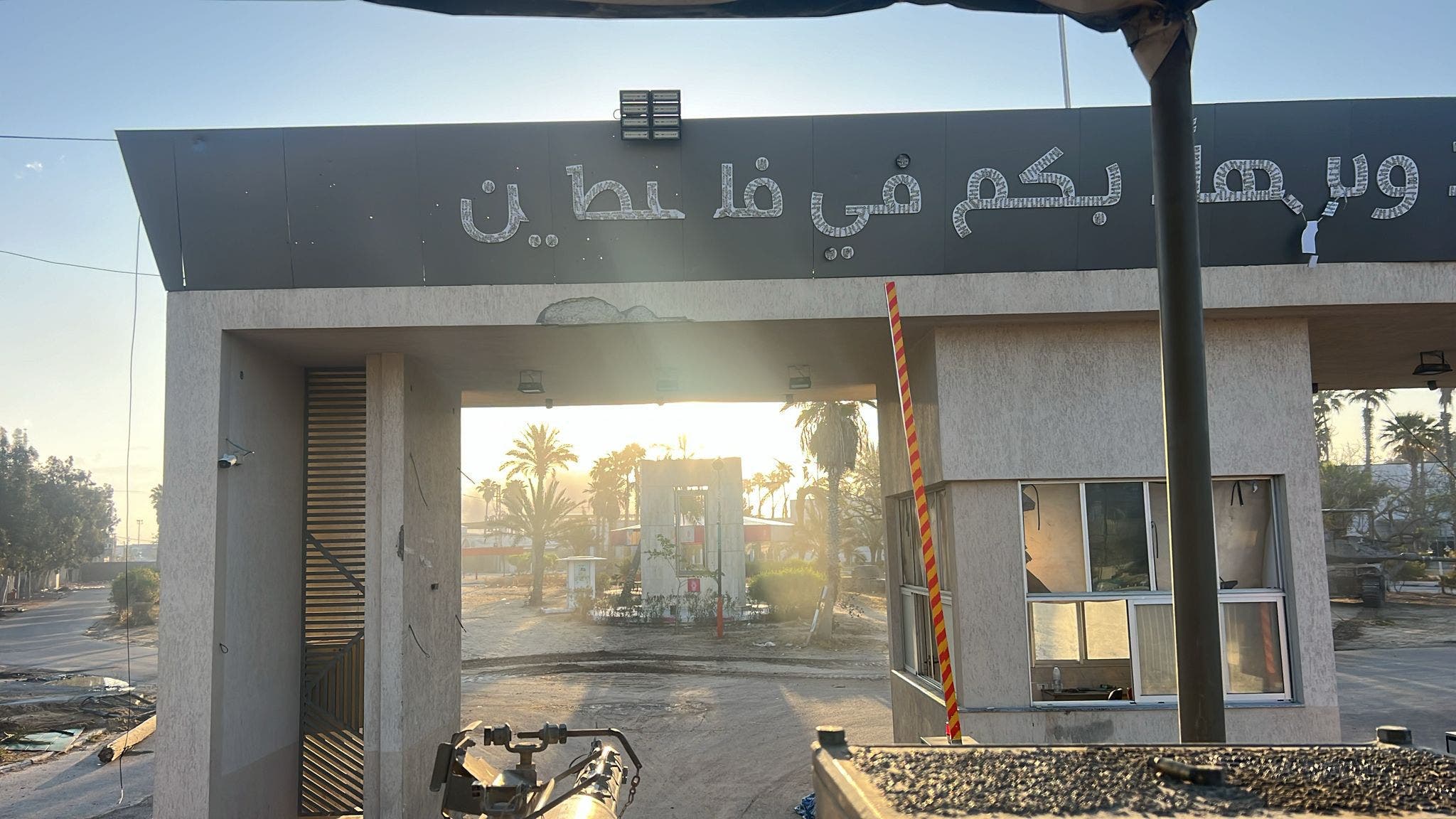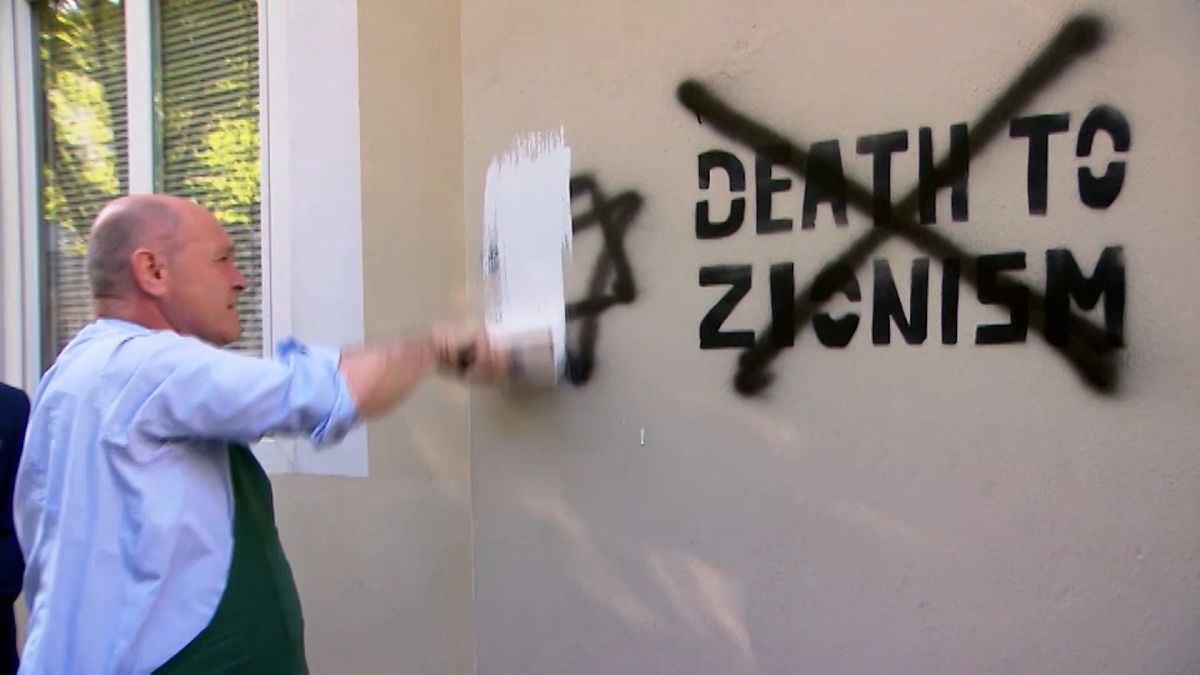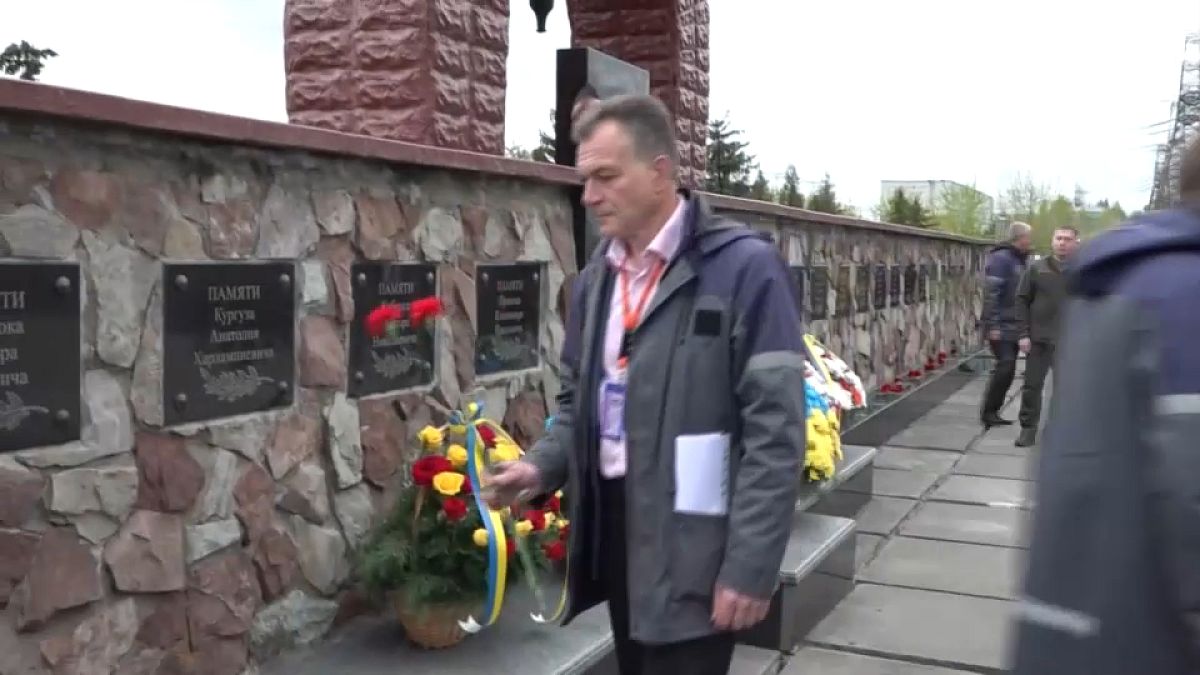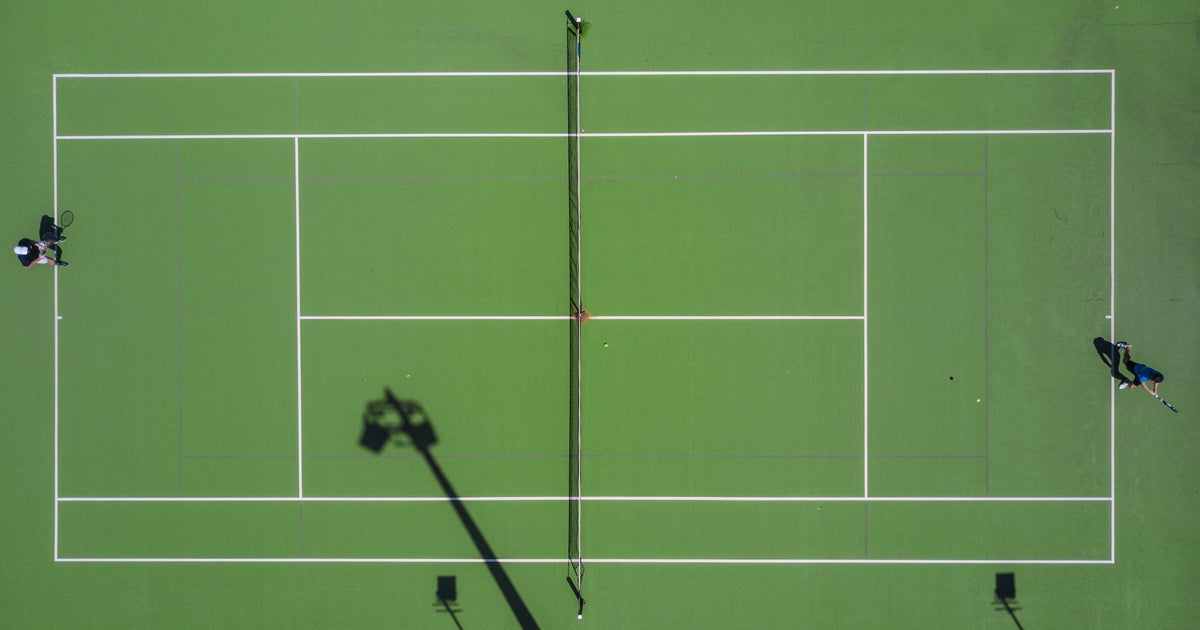(JTA) — Pulitzer Prizes were awarded Monday to reports on the Israeli-Palestinian conflict that have become steeped in controversy since their publication, including a nonfiction book by Jewish author Nathan Thrall and breaking-news reporting and photography of Hamas’ Oct. 7 attacks by Reuters and The New York Times.
The Pulitzer board also presented a special citation to journalists covering the war from Gaza, noting that “an extraordinary number have died” while doing so.
Thrall, a Bard College professor based in Jerusalem whose work is often highly critical of Israel, won the Pulitzer for general nonfiction for his book “A Day in the Life of Abed Salama: Anatomy of a Jerusalem Tragedy.” Published days before Oct. 7, the book focuses on a Palestinian father’s efforts to uncover news about his son following a bus crash; the Pulitzer jury called it “a finely reported and intimate account of life under Israeli occupation of the West Bank.” The book also focuses on several Israeli characters whose lives intersect with Salama’s.
Reuters won in the breaking news photography category for its of-the-moment images of the beginning of the Oct. 7 attacks. Since the newswire published the images, it faced accusations from a pro-Israel media advocacy group that its photography staff had advance knowledge of the attacks, a charge the company has denied.
The Pulitzer jury did not mention the controversy in its citation, which praised Reuters for “raw and urgent photographs documenting the October 7th deadly attack in Israel by Hamas and the first weeks of Israel’s devastating assault on Gaza.”
Staff at the Times won the Pulitzer for international reporting for a series of reports on the attacks and Israel’s retaliation in Gaza, including work focusing on the intelligence failures of Israel’s military and the ways in which its government had propped up Hamas for years, as well as its strategy of bombing areas where it had instructed Gazan civilians to flee.
The Pulitzer jury did not cite “Screams Without Words,” a controversial Times report about rapes allegedly committed by Hamas on Oct. 7, in its comments. Published in December, the story has drawn criticism from pro-Palestinian media outlets that questioned the Times’ sources and from survivors and family members who said the paper’s characterization of what happened to people they knew was not true. The criticism led to a high-profile newsroom leak of internal debate over the piece and also has helped fuel some denials that Hamas committed rape during the attacks.
While Thrall’s book predates the Oct. 7 attack, his book tour was conducted in its shadow and has been a frequent magnet for controversy. Some tour stops canceled planned talks by Thrall, saying they would be “insensitive” in the midst of Israel’s war, in a sign of how the broader arts and culture landscape has been divided over Israel since the attacks. After the book’s publication, a local Jewish federation protested Thrall’s plan to teach a Bard course on whether Israel’s treatment of Palestinians could be considered apartheid.
At least one media outlet also canceled a planned sponsorship by his publisher, while Thrall himself turned down a speaking engagement at the University of Arkansas after the school, in accordance with state law, required him to sign a pledge promising not to boycott Israel. Thrall is currently in Berlin, where he said the Open Society Foundation, funded by progressive Jewish megadonor George Soros, paid to distribute free copies of his book.
Elsewhere in the awards, the Pulitzer committee honored Vladimir Kara-Murza, a Russian Jewish dissident, with the prize for commentary. Kara-Murza, who has accused Russia of committing war crimes in Ukraine, was sentenced to 25 years in prison last year for treason and won the Pulitzer from his cell.
“Here There Are Blueberries,” a play by Moisés Kaufman and Amanda Gronich that draws on real Nazi photographs of Auschwitz acquired by the U.S. Holocaust Memorial and Museum, was a finalist in the drama category but did not win. The show premiered at San Diego’s La Jolla Playhouse in 2022 and is currently playing at the New York Theatre Workshop. And in the memoir category, Jewish author Andrew Leland’s “The Country of the Blind: A Memoir at the End of Sight” was also a finalist.
The Pulitzers are overseen by the journalism school at Columbia University, which has been at the epicenter of a nationwide campus pro-Palestinian encampment movement and which canceled its university-wide commencement ceremony earlier on Monday in the wake of the protests. Several days before announcing the awards, the Pulitzer committee also issued a special acknowledgement of student journalists covering the campus protests.

